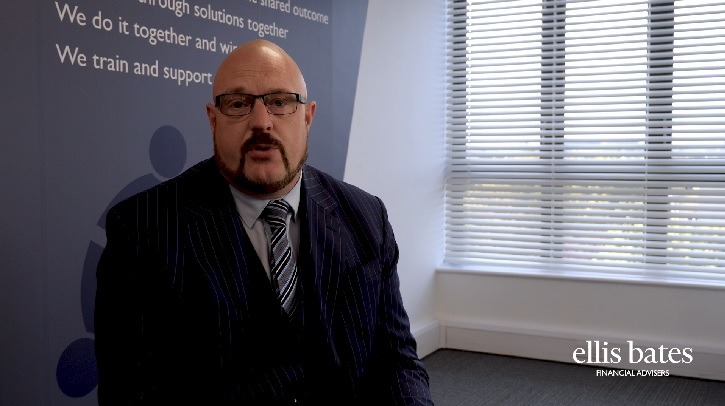Self Invested Personal Pension Schemes (SIPPs)
What is a SIPP?
 A SIPP is a flexible and tax-efficient pension and is designed as a pension you manage yourself. As with all pensions a SIPP is designed to help you reach your pension pot and retirement goals. You can make both regular and/or lump sum contributions. Others can also contribute including your employer or family members and you can transfer other pensions into your SIPP.
A SIPP is a flexible and tax-efficient pension and is designed as a pension you manage yourself. As with all pensions a SIPP is designed to help you reach your pension pot and retirement goals. You can make both regular and/or lump sum contributions. Others can also contribute including your employer or family members and you can transfer other pensions into your SIPP.
Saving for your retirement is one of the longest and biggest financial commitments you will ever make. If appropriate to your situation a Self-Invested Personal Pension (SIPP) could be an option to consider as part of your overall retirement planning.
If appropriate, almost anyone under the age of 75 in the UK could open and make tax-relievable contributions into a SIPP.
Dax Bayley, Regional Manager & Financial Planner at Ellis Bates
Visit our YouTube channel for more videos ![]()
Is a SIPP is right for me?
A SIPP could be right for you if you are looking for a wider choice of investment options, want to take more control over when and where you invest and have sufficient knowledge and experience of investing to make your own investment decisions or have a trusted Financial Advisor to help you make these decisions.
A SIPP provides a range of investment options that make it one of the most flexible methods of saving for retirement. You can invest money into your SIPP up until you reach age 75 and start withdrawing money from it as early as age 55 (57 from 2028).
As with all defined contribution schemes, the amount that you will have available when you retire depends on the contributions that you, and any employers, have made and how your investments perform over time.
SIPP tax advantages
As with all pensions, SIPPs provide favourable tax treatment. Once in a SIPP wrapper, your savings will grow free from UK income tax and capital gains tax.
SIPP tax relief
SIPPs are governed by the same tax and contribution rules as other pensions. Anyone living in the UK who pays into a SIPP is eligible to claim pension tax relief, including low-income earners.
Tax relief is paid on your pension contributions at the highest rate of income tax you pay.
- Basic rate taxpayers receive 20% pension tax relief.
- Higher rate taxpayers can claim 40% pension tax relief.
- Additional rate taxpayers can claim 45% pension tax relief.
In Scotland, income tax is banded differently, and pension tax relief is applied in a slightly different way.
- Starter rate taxpayers pay 19% income tax but get 20% pension tax relief.
- Basic rate taxpayers pay 20% income tax and get 20% pension tax relief.
- Intermediate rate taxpayers pay 21% income tax and can claim 21% pension tax relief.
- Higher rate taxpayers pay 41% income tax and can claim 41% pension tax relief.
- Top rate taxpayers pay 46% income tax and can claim 46% pension tax relief.
Is tax relief on a SIPP subject to the annual allowance?
You may contribute up to the value of your earned income into a pension in any tax year and this is subject to the Pension Annual Allowance, which is currently £40,000 for the tax year 2022/23.
If your earnings are over £200,000 you may have a reduced Annual Allowance. The Annual Allowance is a gross figure, meaning that when calculating how much you can contribute to your pension, you should consider your own personal contributions, your employer’s contributions, any other contributions and tax relief.
If you exceed the Annual Allowance you may have to pay a tax charge.
What flexibility at retirement do I have to take money from my SIPP?
When and how you take your money can make a big difference to how much tax you might pay and how long your money will last. There are different ways you can take money from your SIPP and you need to bear in mind that you can choose one option or a combination of options.
Should I consider pension consolidation into one SIPP plan?
There is much to consider and no guarantee that you will be better off as a result of transferring, so you should take professional financial advice before you move a pension plan, to make sure you understand all the implications.
SIPPs are not suitable for every investor and other types of pensions may be more appropriate.
Junior SIPP
Parents can open a junior SIPP for their children.
If you would like to find out more about a SIPP, and how this could work for you, please get in touch.

